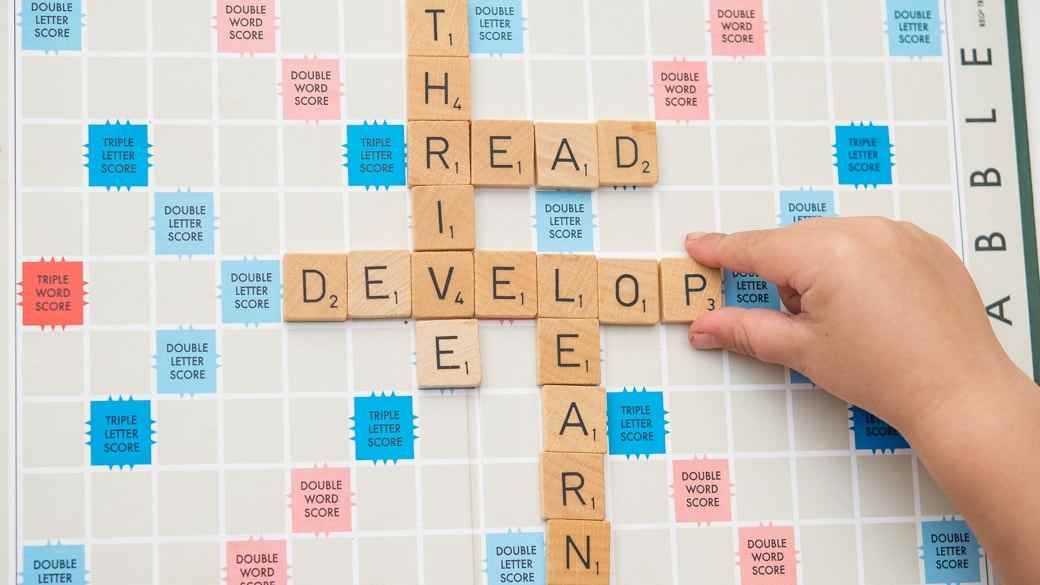Children can display signs of dyslexia from an early age – as young as 3 – but it is usually not formally identified until the age of 6 or older. There are often times when students are diagnosed during their A-levels. Without the appropriate support from an early age, the impact of dyslexia on a person’s life can be extensive.
There can be a few reasons why dyslexia can be missed or not diagnosed;
- Funding.
- Denial (from either school or parents).
- The ‘waiting to see what happens’ game.
- Their dyslexia is not ‘severe.’
There are still negative connotations surrounding dyslexia as there is still very little understanding in the broader community. Dyslexia does not impair intelligence; it is simply just a learning difficulty – it makes learning difficult until we change the way we teach. People with dyslexia just have a brain that processes language in a different way.
In schools, pupils are taught using structured phonics, which is a good start for those with dyslexia – but also a great way of identifying dyslexia. However, many teachers are still not trained to identify dyslexia in the classroom but specialist training is available to help them cope better.
I think my child is Dyslexic
If you think you have a Dyslexic child the first thing is to know that this is nothing to be concerned about. There is nothing ‘wrong’ with your child. The sooner your child is diagnosed the better, as ignoring it can have negative effects on their academic, mental and emotional development. There are over 37 common Dyslexic traits so be sure to use a reliable medical journal (NHS in the UK) or a Dyslexia specialist website. Then do the following:
1. First write a list of your concerns and the reasons why you feel your child may have dyslexia.
2. Speak to your child’s class teacher and school SENCO about your concerns. It may be recommended that an assessment is appropriate and the SENCO can arrange this.
4. Discuss the assessment report with your child’s teacher and SENCO and set in place an action plan.
5. Ensure this action plan is reviewed as well as your child’s progress.
What support can my child get at school?
Some schools are harder to push than others and, in some cases, a private diagnosis may be required to push for an official statement. Schools must publish details of the approaches they use to support children with Special Educational Needs (SEN), including those with dyslexia and this should be on the school’s website, however, overall most are incredibly supportive and eager to get any child whatever support they need as soon as possible.
How you can help at home
Dyslexia does not need to be a barrier to achievement. By doing the following you can not only help your child but also solidify a positive relationship with them:
- Reading to a child.
- Discussing what you have just read – not like a test, but like a conversation between you both.
- Discussing the pictures and what might happen next
- Asking your child to re-tell the story in his or her own words.
- Supported reading – this approach encourages the child to read to the adult and can help to gauge whether the child is able to read most of a book (nine out of every ten words). Encourage this by allowing a child time to work out the words on their own (about five seconds, but longer if you know they need it).
- Helping with accuracy – encourage your child to guess the word by ‘sounding-out’ the letters in a word.
- Over learning – although this may seem tedious to you it is actually good to read a child’s favourite book over and over again. This helps to build familiarity and if a child has a poor short-term memory it reinforces his understanding of the story.
- Silent Reading – children need the opportunity to read alone. Young children need time to browse and more skilful readers need independence and time to develop fluency. Encourage discussion about books the child has read, not only what the story was about, but also whether it was a good read.
- Reading for Fun – remember reading should be a pleasure. Enjoy your time sharing books as your child will pick up on this.
Having Dyslexia does not hinder your child’s potential. They can still go to University, have a prosperous career and a happy life!
